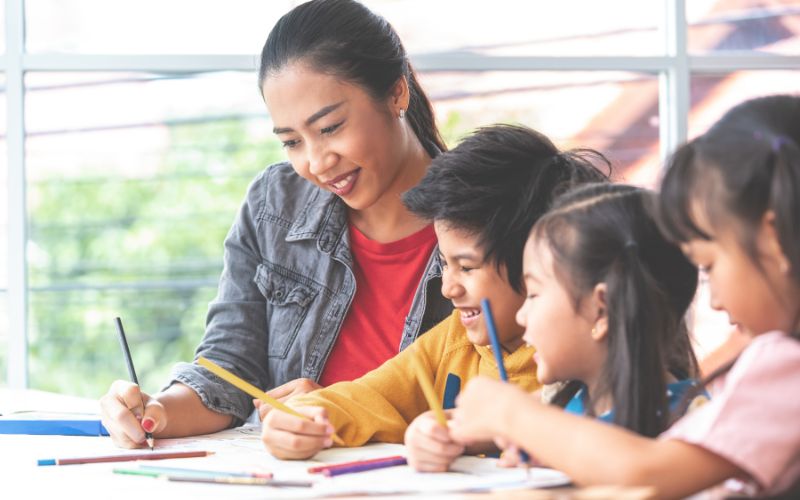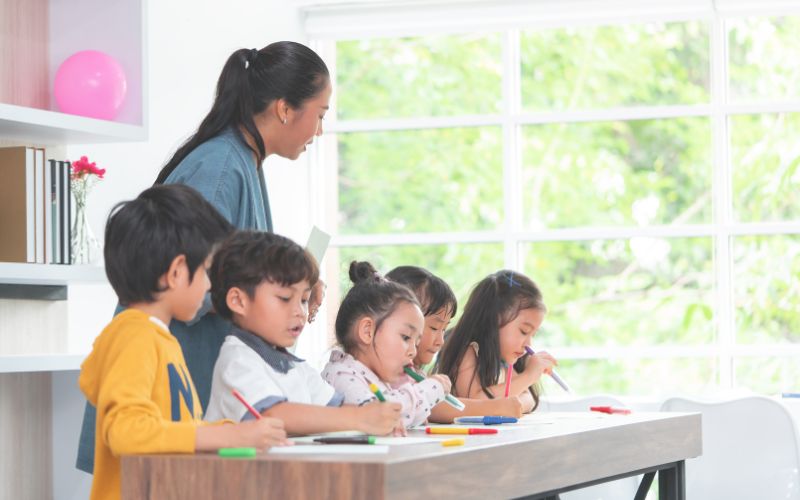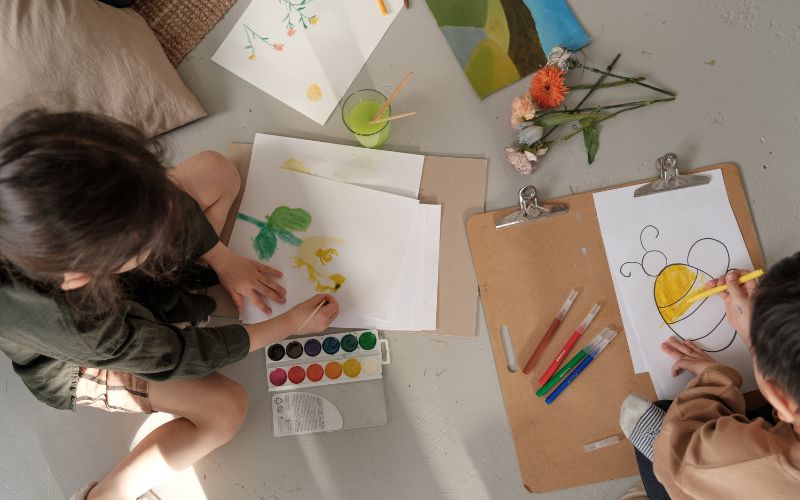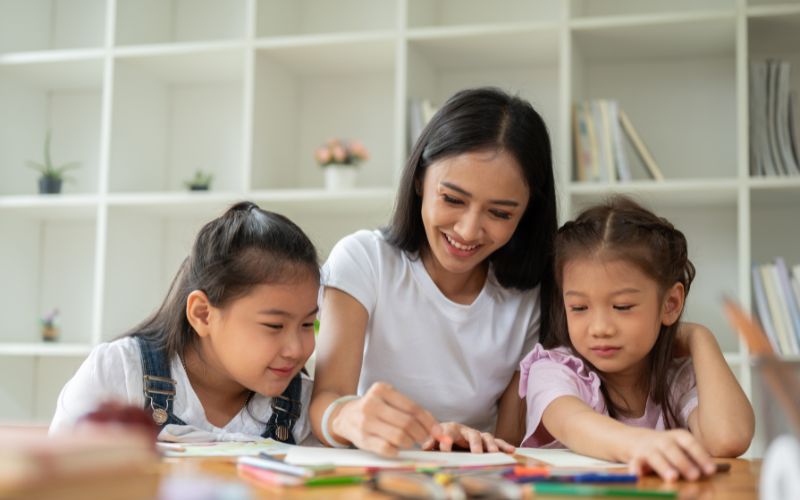It is important to teach children good manners and social skills from an early age. Children with well-developed cognitive abilities tend to imitate the words and actions of adults, so it is crucial to instill important skills such as communication and behavior early on. Join us to explore ways to teach children how to interact with others.
1 Teach Children to Say “Thank You” and “Sorry”
A well-mannered child should know how to express gratitude and apologize when necessary. This reflects good parenting and is an important aspect of a child’s education.
Saying “thank you” shows respect for those who have helped them and acknowledges the value and worth of others’ contributions.
Additionally, saying “sorry” demonstrates that children understand the impact of their actions on others and are willing to take responsibility for their mistakes.
Instilling these values early on and encouraging their practice will contribute to building trust and positive interactions with others.
 Teach Children to Say “Thank You” and “Sorry”
Teach Children to Say “Thank You” and “Sorry”
2 Teach Children to Greet and Show Care for Others
Greeting and showing care for family members and others is an important skill that parents should teach their children. This helps develop empathy, listening skills, and understanding. As a result, children will build positive connections and gain the trust of others.
 Teach Children to Greet and Show Care for Others
Teach Children to Greet and Show Care for Others
3 Teach Children to Respond with Complete Sentences
Young children have a limited vocabulary, so they may respond incompletely or with single words. Teaching them to use full sentences when responding to others is important as it improves their vocabulary and communication skills.
Additionally, speaking clearly and coherently demonstrates politeness and fosters better interactions during conversations.
 Teach Children to Respond with Complete Sentences
Teach Children to Respond with Complete Sentences
4 Teach Children to Communicate Respectfully with Elders
One of the essential skills to teach children early on is respectful communication with elders in the family. Habits such as nodding, shaking their heads, or responding with single words should be corrected.
A child who greets and converses politely with elders will create a better impression and show respect for their elders.
 Teach Children to Communicate Respectfully with Elders
Teach Children to Communicate Respectfully with Elders
5 Teach Children to Respect Others’ Opinions and Feelings
A child who respects others’ opinions and feelings can build better relationships and work effectively in a team. They can express their thoughts positively, without resorting to criticism or put-downs.
By listening to and valuing others’ opinions and emotions, children can learn, expand their knowledge, and develop their thinking skills.
 Teach Children to Respect Others’ Opinions and Feelings
Teach Children to Respect Others’ Opinions and Feelings
These are the five essential rules for parents to teach their children about interacting and communicating with others. We hope you find this information helpful.




































